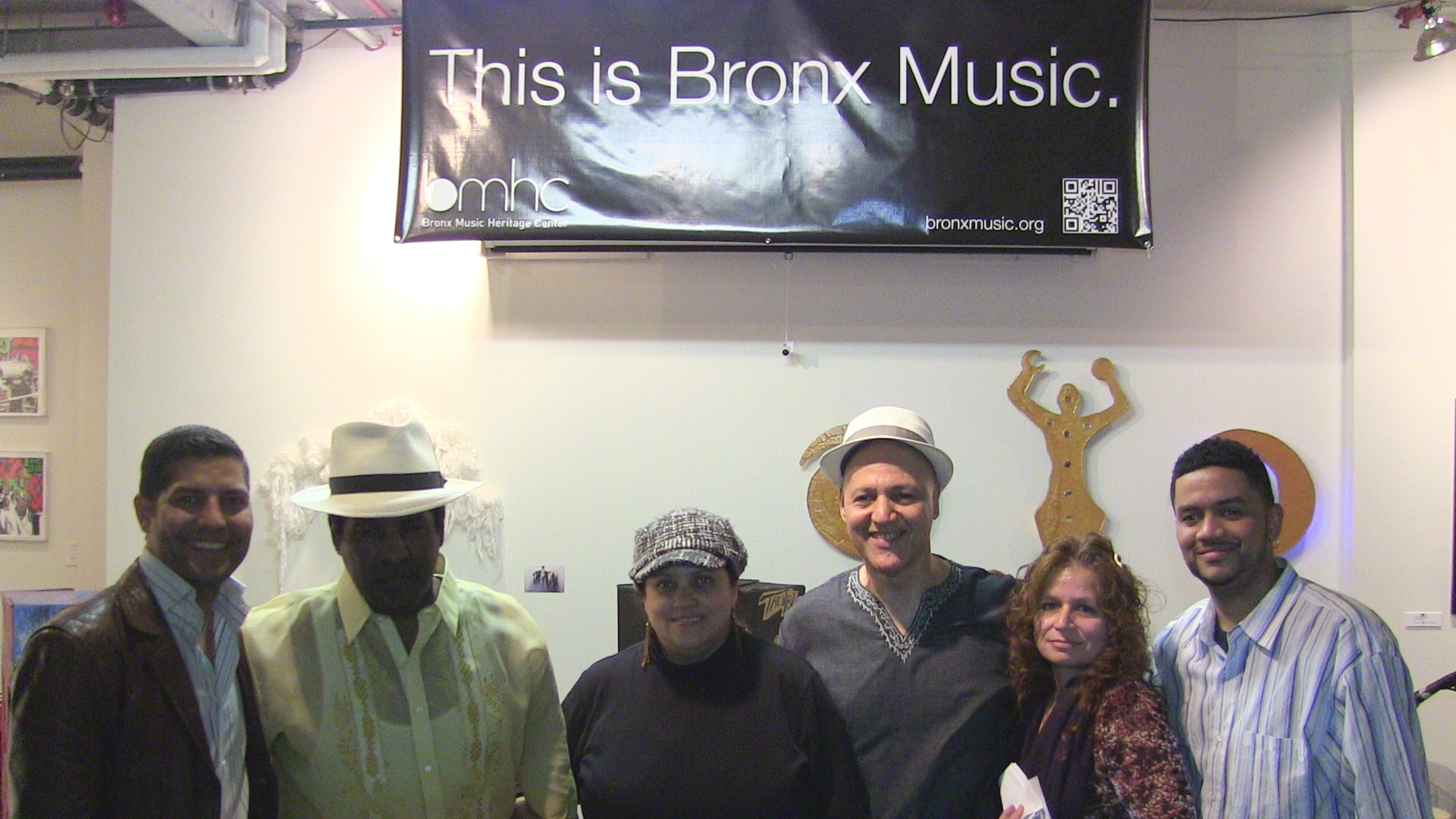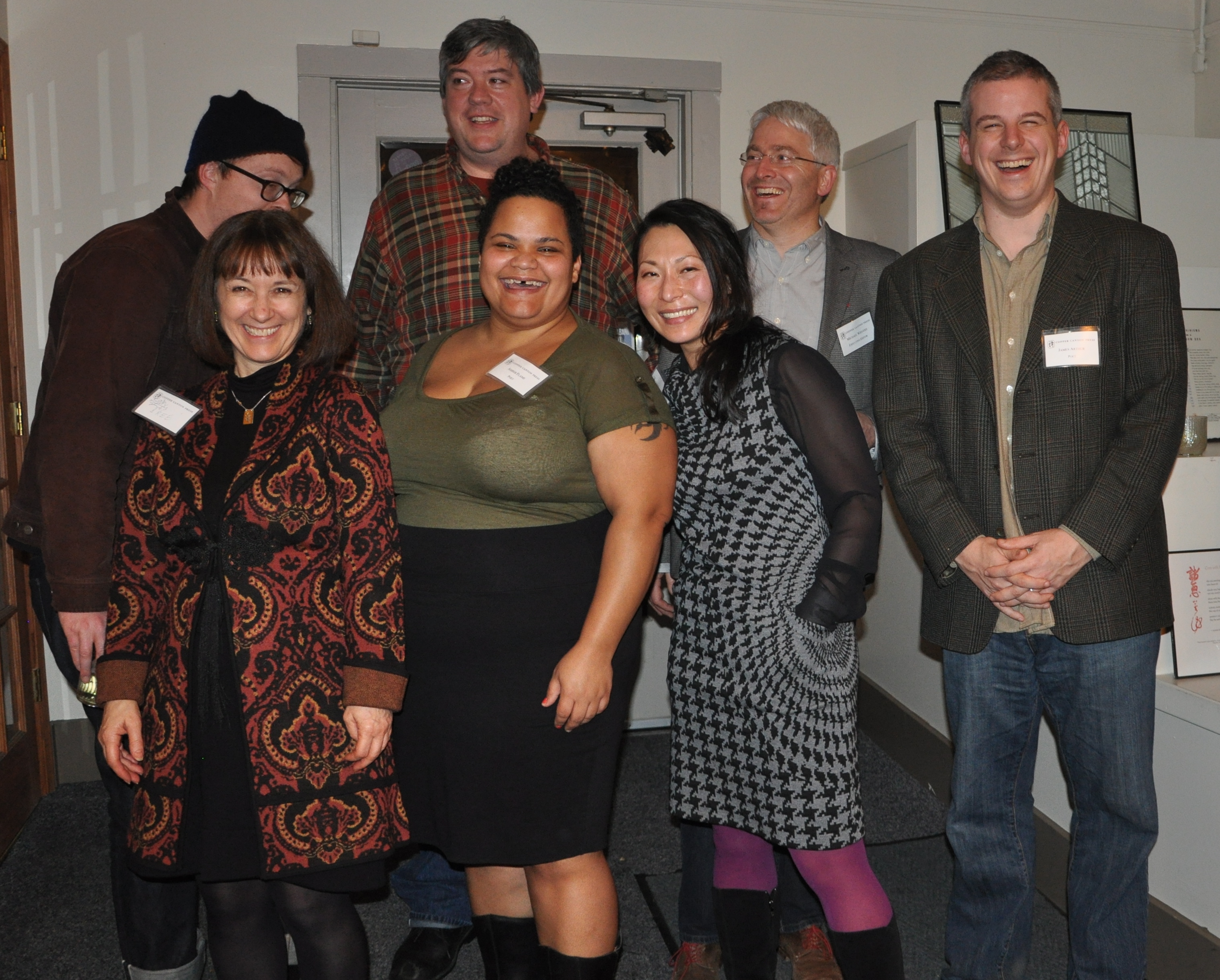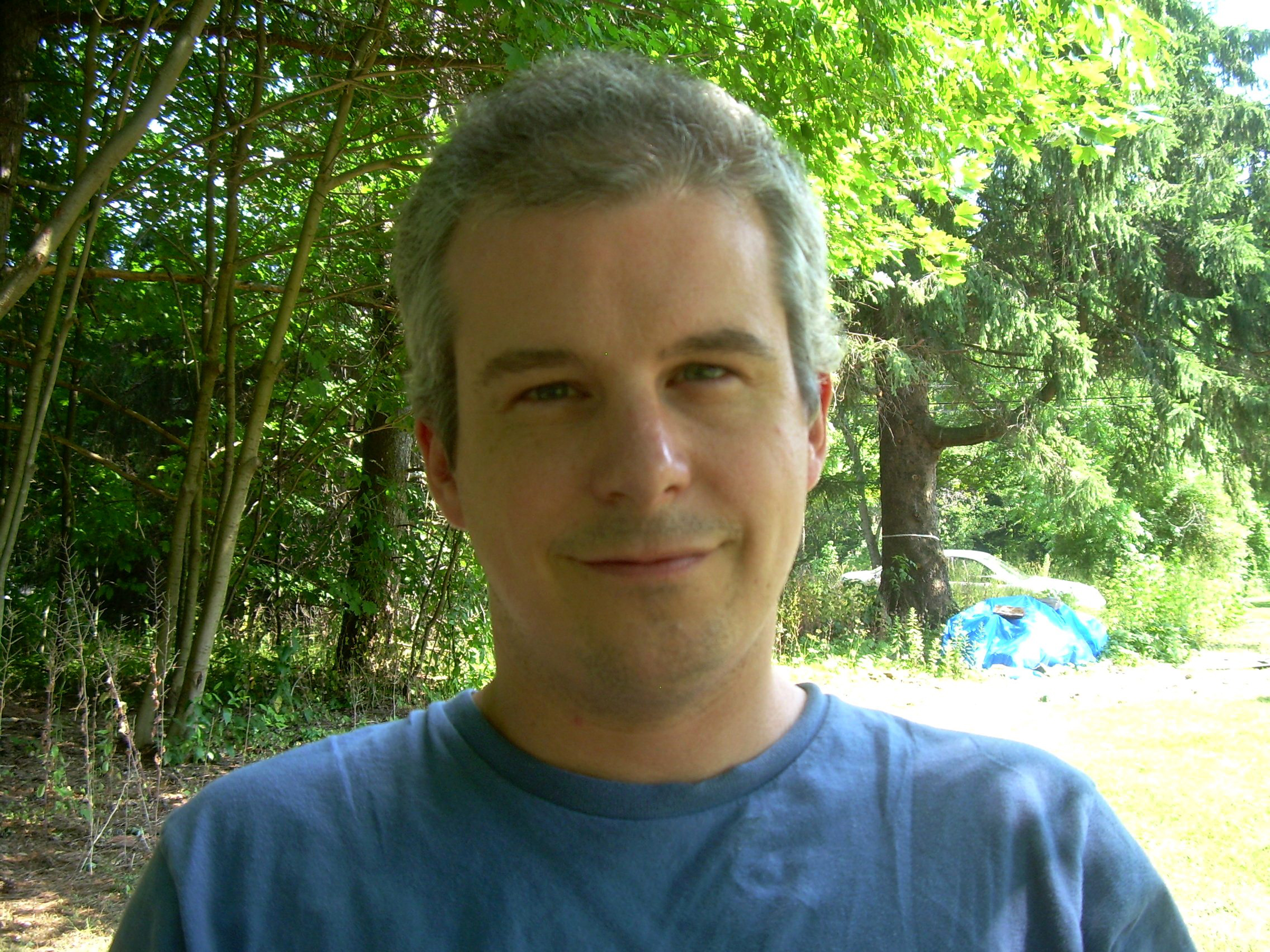Tufts Poetry Award Finalists Announced
Claremont Graduate University has announced the finalists for the 2013 Kingsley Tufts Poetry Award. Given annually for a book published in the previous award year by a poet in midcareer, the Tufts Award is one of the most prestigious prizes given to an American poet. The winner receives $100,000.
The finalists are Marianne Boruch for The Book of Hours (Copper Canyon Press), Edward Haworth Hoeppner Blood Prism (Ohio State University Press), and Paisley Rekdal for Animal Eye (University of Pittsburgh Press).
Boruch is the author of eight previous collections, including most recently Grace, Fallen from (Wesleyan, 2008), and a memoir, The Glimpse Traveler (Break Away Books, 2011). She is a professor of creative writing and poetry at Purdue University. Hoeppner is the author of two previous collections, including Rain Through High Windows (New Issues, 2000). He directs the creative writing program at Oakland University in Rochester, Michigan. Rekdal is the author of three previous collections, including most recently The Invention of the Kaleidoscope (University of Pittsburgh Press, 2007). She is an associate professor of English at the University of Utah.
Claremont also announced the finalists for the 2013 Kate Tufts Discovery Award, a prize of $10,000 given annually for a debut poetry collection. The finalists are Rebecca Morgan Frank for Little Murders Everywhere (Salmon Poetry), Francine J. Harris for Allegiance (Wayne State University Press), and Heidy Steidlmayer for Fowling Piece (Triquarterly Books).
This year's panel of judges for both awards includes Linda Gregerson, David Barber, Kate Gale, Ted Genoways, and Carl Phillips. Winners will be announced in March and recognized during a ceremony at Claremont Graduate University in April.
Timothy Donnelly of Brooklyn, New York, received the 2012 Kingsley Tufts Poetry Award for The Cloud Corporation (Wave Books). Katherine Larson received the Kate Tufts Discovery Award for Radial Symmetry (Yale University Press).
Authors, editors, and publishers may submit books for consideration for both the Kate and Kingsley Tufts Awards. For the 2014 awards, books published between September 1, 2012, and August 31, 2013, are eligible, and must be postmarked by September 15. Visit the website for more information and complete submission guidelines.







 Who do I write for?
Who do I write for? We had quite a lively crowd at this particular reading. How does the character of an audience impact you?
We had quite a lively crowd at this particular reading. How does the character of an audience impact you?